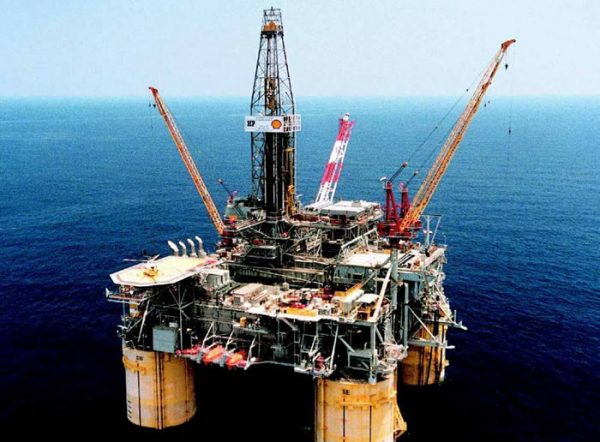Nigeria has relinquished its long-held position as Africa’s largest importer of refined petroleum products following the ramp-up of operations at the Dangote Petrochemical Refinery, a new report has stated.
South Africa has now overtaken Nigeria as the continent’s largest fuel importer, according to new data from energy consultancy CITAC, signalling a seismic shift in Africa’s downstream oil market.
The refinery, which began large-scale production in early 2024, is already disrupting established trade flows across sub-Saharan Africa and reshaping the continent’s energy dynamics.
With a refining capacity of 650,000 barrels per day, the largest single-train refinery in the world, its rising output is sharply reducing Nigeria’s dependence on petrol imports.
The latest figures released by an energy consultancy, CITAC, on Wednesday, showed that Nigeria imported 3.1 million metric tonnes of refined petroleum products in the first quarter of 2025.
In contrast, South Africa brought in 4.2 million tonnes over the same period, cementing its status as the continent’s biggest fuel importer.
“Nigerian imports are dropping as a result of the continued operation of Dangote,” said Elitsa Georgieva, Executive Director at CITAC.
“Since the beginning of this year, South African imports have been consistently the highest in sub-Saharan Africa. Crude throughput across sub-Saharan African refineries rose by 77.8 per cent year-on-year in 2024, jumping from an average of 382,500 barrels per day in 2023 to 680,100 barrels per day in 2024. This leap was almost entirely driven by the Dangote plant.”
The development marks a significant milestone for Nigeria, which has for decades paradoxically relied on imported fuel despite being Africa’s top crude oil producer.
The report further estimated that Nigeria’s total refined fuel imports for 2025 will fall to 6.4 million tonnes, less than half of South Africa’s projected 15.5 million tonnes.
“The Nigerian market has undergone major product flow changes since mid-2023. The long-awaited 650 kb/d Dangote refinery near Lagos began operations in January 2024, steadily ramping up throughput and streaming secondary units throughout the year. Output from the Dangote refinery has displaced the bulk of international clean products imports in West Africa,” the report explained.
The Dangote refinery has become a major source of petroleum product offtake and has ramped up to 550,000 barrels of refining capacity per day. While Nigeria’s imports are on the decline, South Africa’s dependence on foreign fuel is deepening.


